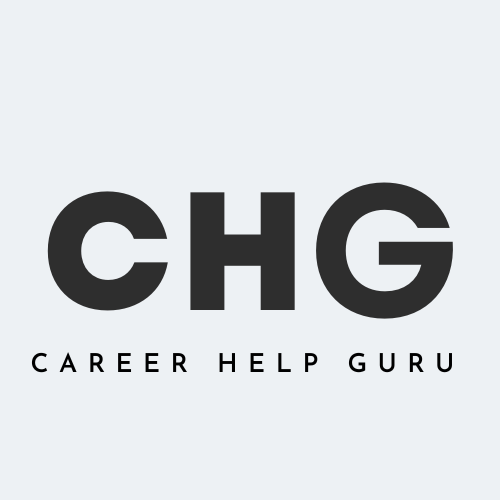Tips
A professional resume should be a one or two-page document that shows your experience in a format that should be easy to scan and digest in 15-30 seconds. A resume is to get you an interview; therefore, focus on the information you should include.
Emphasize your academic achievements and educational background as a testament to your knowledge, learning ability, and dedication. Remember that this section aims to showcase academic excellence, including relevant coursework and awards or honors you have received.
Include your GPA (grade point average) only if it is higher than 3.0 and is usually calculated using a scale of 0 to 4. Four is the highest GPA you can receive. If you have a low GPA, it might lower your chances of being selected over higher GPA candidates.
Experience includes more than just employment history. It can consist of your experience from volunteering, internships, freelance work, and projects. Also, it can consist of any other experience you have had from courses that help you demonstrate specific skills related to the position you are applying for. Many recruiters seek transferable skills such as collaboration, time management, and problem-solving.
Include experience and keywords. Keywords are the words that a hiring manager easily recognizes. There are different resume keywords, depending on the job you are applying for, and companies use those keywords on their job listings.
Include skills such as computer, lab, foreign languages, search, etc.
Your bullet points highlight your success and relate that to the position you are applying to help you stand out. Avoid pronouns and minimize the use of articles. The most relevant bullet points should be listed first.
Prove that you are highly effective through evidence-based statements, including results, outcomes, and accomplishments. Do not write your job responsibilities; instead, focus on accomplishments. Start with an action verb to show you did something, then provide context for that action using quantitative and qualitative terms. Lastly, write the result of your actions.
Be honest on your resume. Your resume is your employer’s first information about you, so it is essential to be accurate and truthful. Your new employer may check your background before offering you a position. Also, if it is not apparent in what you write on your resume, it might be on the interview, or it will be on the job. Do not risk your credibility and reliability because it can significantly harm your chances of getting the job.
Include numbers in your resume. The purpose of using numbers in your resume is to prove how valuable you are and the impact you can make. Numbers are crucial in accounting, sales, finance, and executive leadership roles. Some positions involve managing money or making quantifiable impacts on their organizations. Include numbers to list of items in your job description. Use a range or estimate if exact numbers are not available. Use specific numbers for dollar amounts and lengths of time. Use percentages to show average increase and growth.
Avoid the fancy-schmancy layout font. Use the traditional font, Times New Roman. You can use different type sizes for your name and the companies you have worked for and be consistent. The recommended margins for the resume should be about one inch on all sides. You can reduce margins if you need extra space, but do not make them smaller than a half inch.
Things that you do not need to include. Refrain from having a photo on your resume. You are looking for a job, an interview, and not a date. Do not include personal information—for example, marital status, age, or number of kids. Avoid repeating the exact words like “responsibilities, duties included or assisted. Lastly, do not write in the first person ‘I.’
Save your resume in PDF format, and save it with your first and last name instead of just ‘resume.’
Resources
New York Public Library | Career Services – provides:
- Essential professional development support, resources, webinars, and events for job seekers and professionals looking to craft an effective professional portfolio to enhance their careers.
- FREE virtual and in-person support to help you achieve your career or employment goals, which include coaching, resume or cover letter writing, job application support, and career development events.
- Workshops
- One-on-one job support
- Career Coaching
- And more
Vault offers advice on resumes, cover letters, interviews, networking, and more.
It reviews spelling, grammar, punctuation, clarity, engagement, and delivery mistakes in English texts, detects plagiarism, and suggests replacements for the identified errors.
Indeed | Career Guide – Article: 16 Free Online Certification Courses
Professional certifications allow you to demonstrate your expertise with particular skills. Also, certifications help you improve your qualifications and with more job opportunities.
Use AI tools such as Kickresume; this will help you rewrite your resume and compare it with other resumes.





